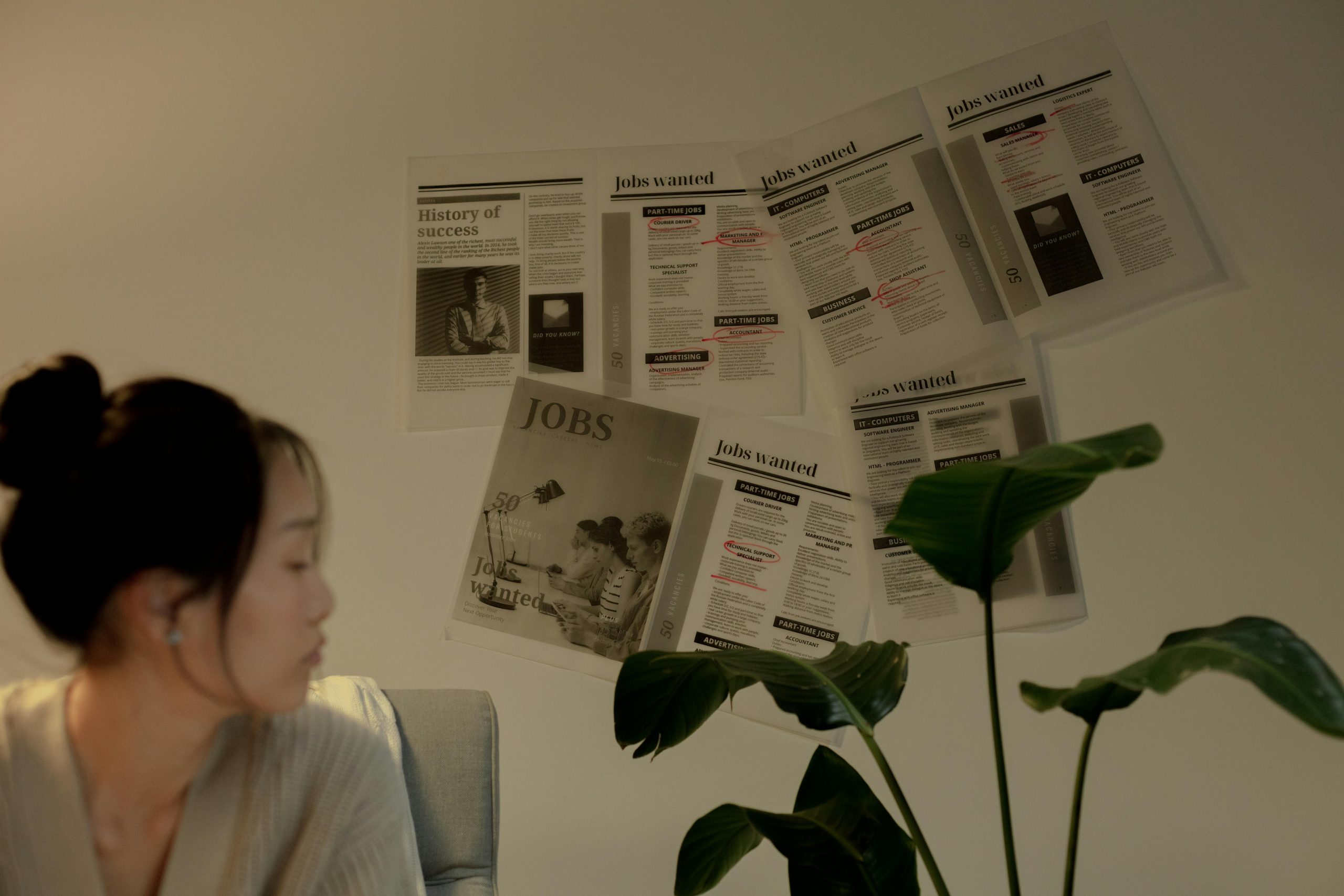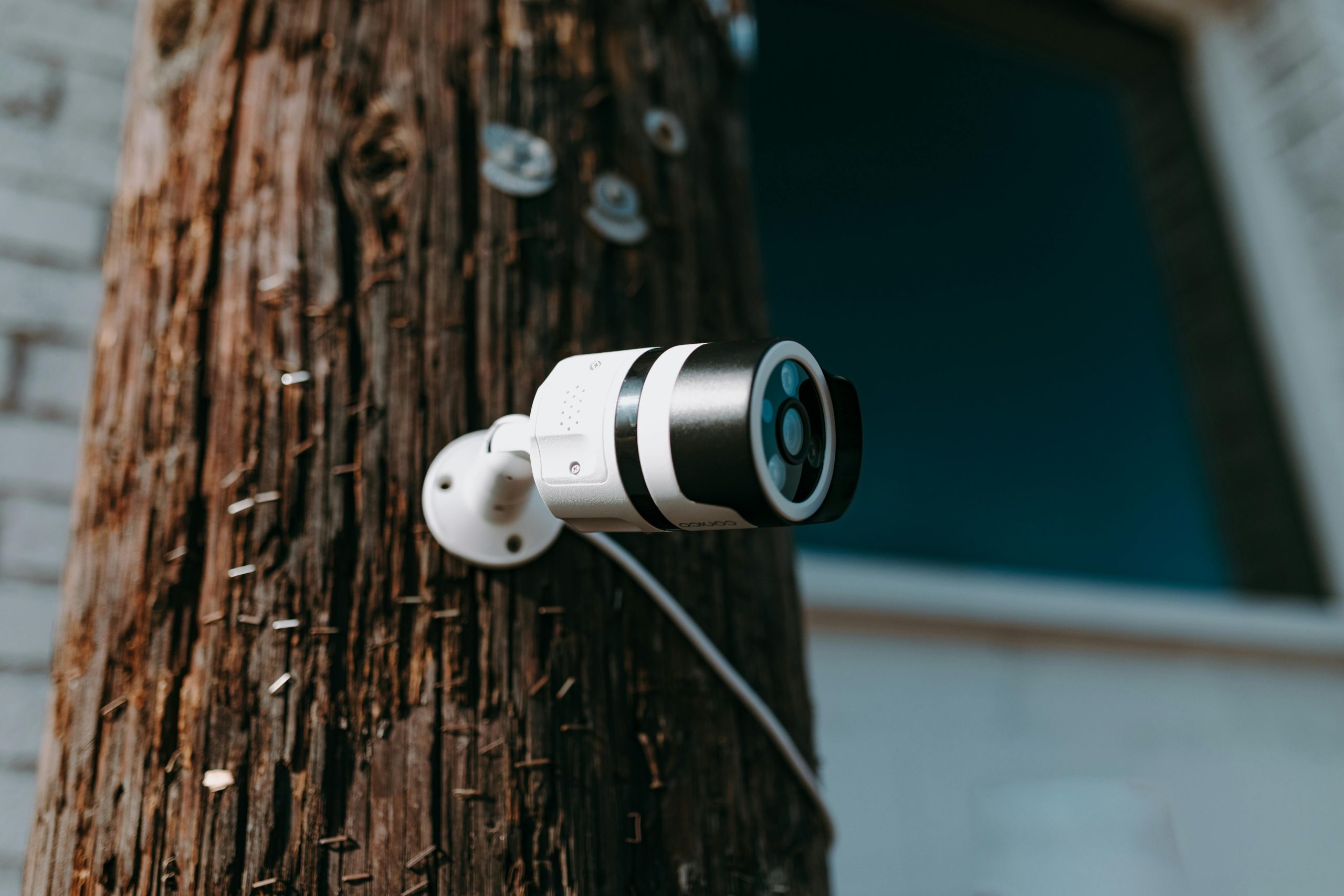Can I Keep the Insurance Payout?
A few weeks ago, I was involved in a minor accident that caused only light cosmetic damage to my car. The other driver’s insurance company is direct depositing the payout based on an estimate from a body shop. The damage includes some scratches, a small dent, and I need to replace the back cover of the driver’s side mirror. I plan to fix the mirror, but since the dent and scratches are barely noticeable, I believe that spending $5,000 to replace the entire side panels is excessive.
Since my insurance company and my loan holder are not involved in this situation, would anyone know if it would be acceptable for me to keep the payout and only fix the mirror? Is this illegal? I live in North Carolina.




It’s great that you’re looking into your options after the accident. Since the other person’s insurance is directly compensating you and your own insurer isn’t involved, you typically have more flexibility in how you handle the payout.
In North Carolina, there’s no law that requires you to use the insurance payout specifically for repairs. However, keep in mind that:
Loan Obligations: Since you have a loan on the car, the lender may have some interest in the vehicle’s condition. If they find out that the repairs aren’t done, it could potentially affect their collateral. It’s a good idea to check your loan agreement or even consult with your lender about their expectations.
Potential Consequences: While it’s not illegal to keep the money and not fix all the damage, if the insurance company has issued a payout based on your claim, they may expect that the damages will be properly addressed.
Documentation: If you do decide to keep the money, make sure to document the damage thoroughly and keep receipts for any repairs you do make. This is important for future reference in case any issues arise.
Consult a Professional: If you’re uncertain, consider reaching out to a legal professional for specific advice about your situation and to ensure you’re compliant with any legal or lender requirements.
Ultimately, as long as you’re aware of your obligations and the possible implications, you can choose how to handle the payout based on what makes sense for you and your vehicle.